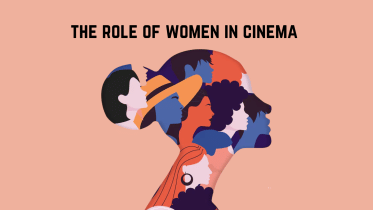Dear Zindagi
Reframing cinema: The rise of female gaze
Cinema has long been shaped by the male gaze, a term popularised by Laura Mulvey in her seminal essay “Visual Pleasure and Narrative Cinema” (1975), which dissected how classical Hollywood positioned women as passive objects of desire while men drove the narrative forward. This framework dominated filmmaking for decades, reinforcing a voyeuristic perspective where women existed primarily to be looked at, consumed, and defined in relation to male protagonists.
8 March 2025, 11:17 AM
'Dear Zindagi': On love, life and mental well-being
Director Gauri Shinde’s "Dear Zindagi", released in 2016, stands out as a remarkable example of the power of storytelling in fostering meaningful discussions. Through a meticulously woven narrative and finely etched characters, this film adeptly addresses the stigma associated with therapy while emphasising the importance and relevance of mental health in our lives.
10 October 2023, 14:33 PM

